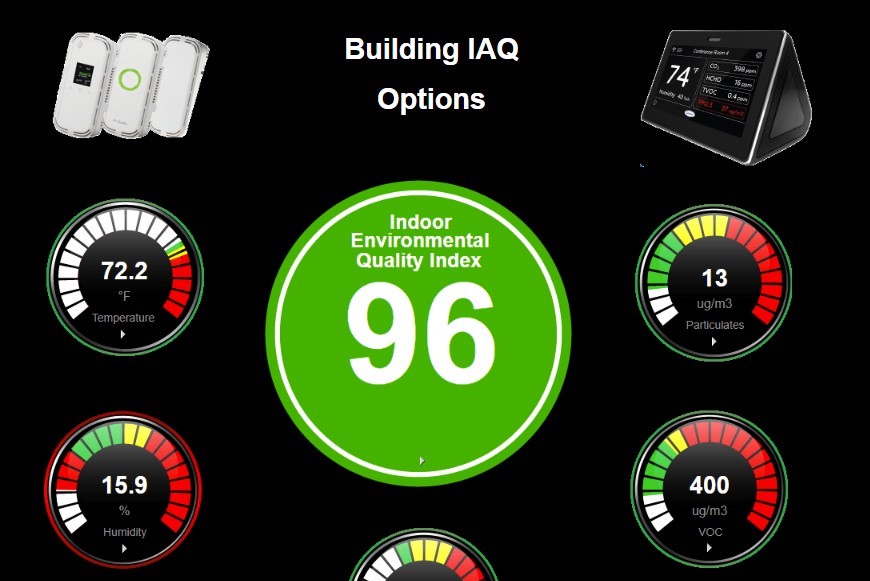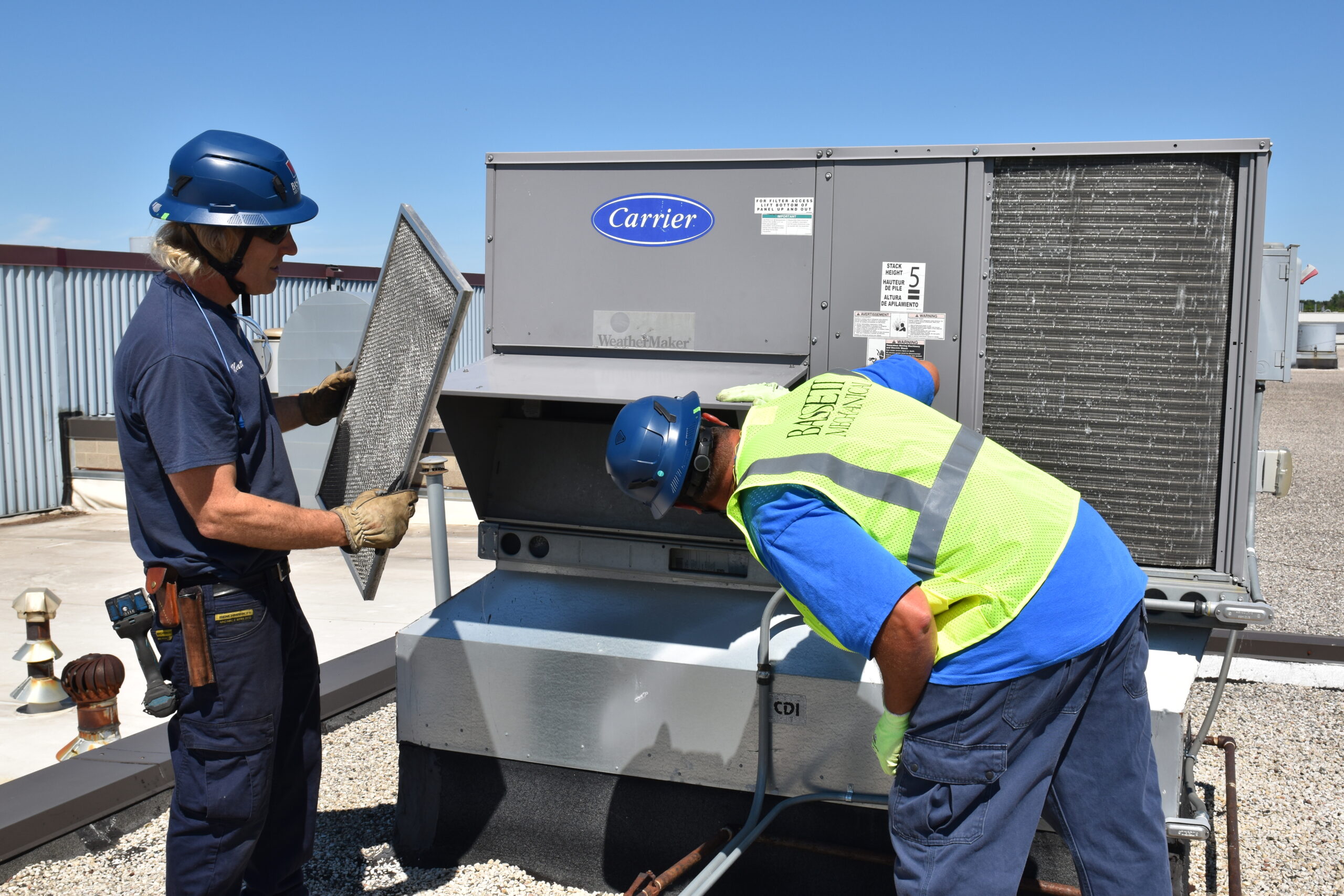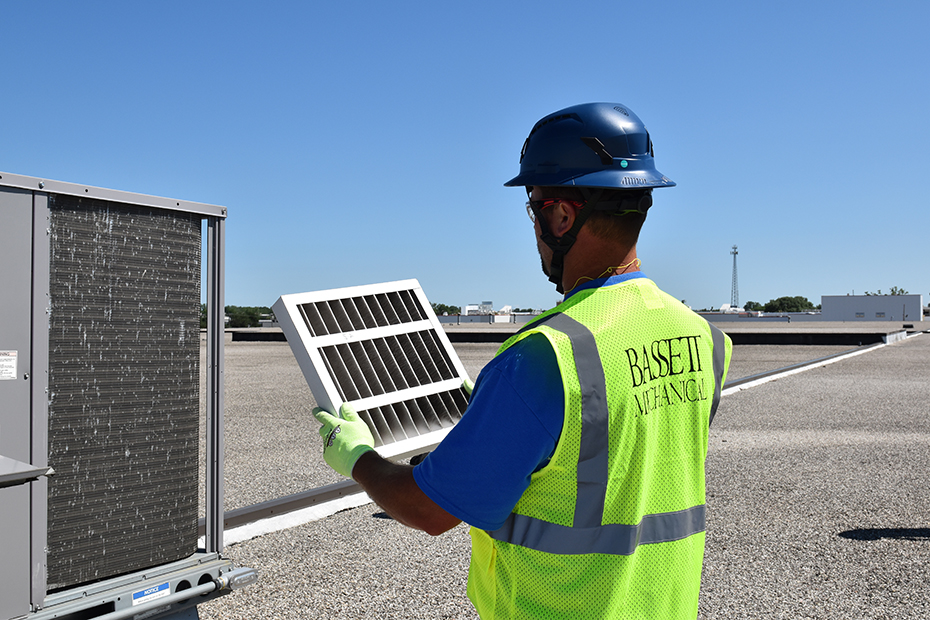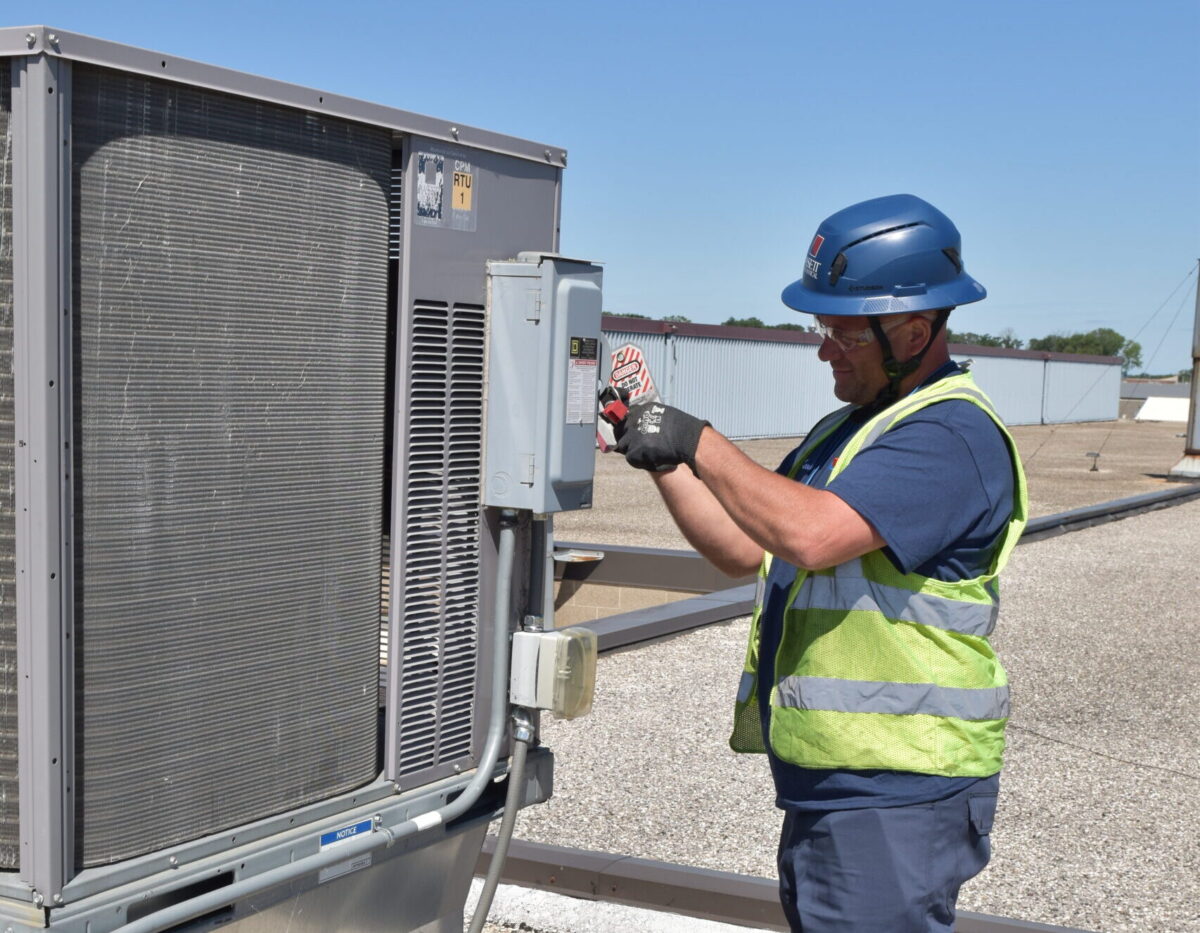In today’s fast-paced business world, efficiency and cost savings are key priorities for organizations across various industries. One area where businesses can make significant improvements is in their HVAC (Heating, Ventilation, and Air Conditioning) systems. By implementing and utilizing commercial HVAC control systems effectively, businesses can optimize their energy consumption, improve indoor air quality, and enhance overall comfort.
The Basics of Commercial HVAC Controls
Commercial HVAC controls are sophisticated systems that regulate various elements of an HVAC system to maintain a comfortable indoor environment while optimizing energy consumption. These controls enable businesses to efficiently manage the premises’ heating, cooling, ventilation, humidity, and air quality. The primary components of HVAC controls include sensors, thermostats, dampers, actuators, and a central controller.
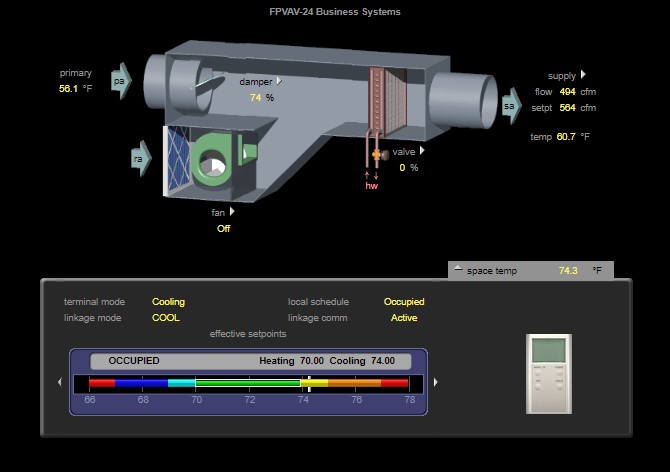
How to Maximize the Benefits of Your Commercial HVAC System
1. Implement Zoning Controls
One of the most effective ways to optimize energy usage is by implementing zoning controls within the HVAC system. Zoning divides commercial space into different areas or zones, allowing for independent temperature control in each zone. By adjusting the temperature based on occupancy and specific zone requirements, businesses can avoid wasting energy on unoccupied or underutilized areas. Zoning controls enable customization according to individual preferences, enhancing employee and customer comfort.
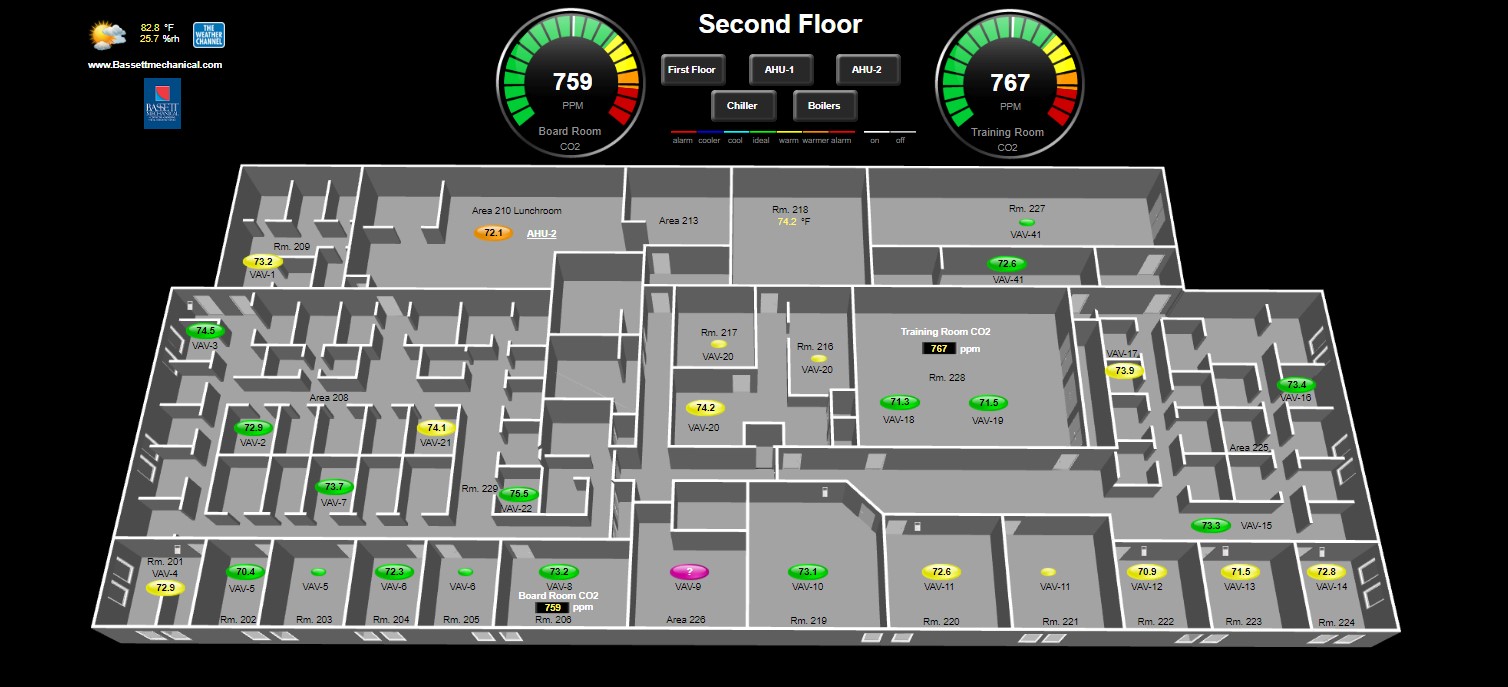
2. Utilize Programmable Thermostats
Programmable thermostats are a crucial component of HVAC control systems. They allow businesses to schedule temperature adjustments based on occupancy patterns. For example, during non-business hours or weekends, the temperature can be slightly higher or lower to save energy while ensuring the space is comfortable upon occupancy. By using programmable thermostats effectively, businesses can reduce energy waste and lower utility costs.
3. Integrate with Building Automation Systems
HVAC controls should be integrated with a building automation system (BAS) whenever possible. BAS is a centralized control platform that oversees and manages various building systems, including HVAC, lighting, security, and more. Integrating HVAC controls with BAS enables seamless system communication, allowing coordinated operations and optimized energy management. For example, the BAS can use occupancy data from security systems to adjust HVAC settings automatically, ensuring comfort only when necessary.
4. Monitor and Analyze Energy Consumption
Businesses should use energy monitoring and analytics tools to track and analyze HVAC energy consumption. These tools provide valuable insights into energy usage patterns, identify inefficiency areas, and highlight improvement opportunities. By monitoring HVAC system performance and energy consumption, businesses can locate issues promptly, optimize system settings, and implement energy-saving measures, resulting in long-term cost savings and reduced environmental impact.
5. Implement Demand Control Strategies
Demand control strategies involve reducing the HVAC system’s load during peak energy demand periods. This can be achieved through various techniques, such as load shedding, thermal storage, and demand response programs. By implementing demand control strategies, businesses can help alleviate stress on the electrical grid, potentially qualify for utility incentives, and reduce energy costs during peak demand periods.
6. Regular Maintenance and Upgrades
Regular maintenance and system upgrades are essential to ensure optimal performance and efficiency. HVAC control systems should be inspected, calibrated, and tested regularly to identify and address any issues promptly. Upgrading to newer, more advanced control technologies can offer additional features and functionalities, improving system performance and energy efficiency.
Your HVAC Controls Experts
Commercial HVAC control systems offer businesses significant opportunities for energy savings, improved indoor comfort, and reduced operational costs. By implementing zoning controls, utilizing programmable thermostats, integrating with building automation systems, monitoring energy consumption, implementing demand control strategies, conducting regular maintenance and upgrades, and promoting employee education and engagement, businesses can unlock the full potential of their HVAC systems. Embracing these practices benefits the bottom line and demonstrates a commitment to sustainability and responsible resource management.
Whether installing a new mechanical system, retrofitting, or re-calibrating an old one, our control experts can design a flexible, cost-effective control system based on your needs. Our experts provide on-site training and remote support to maximize your software experience and reduce costs related to service calls.
Thanks to the close collaboration between Bassett Mechanical’s HVAC engineers and industry experts, we can leverage the knowledge within our team to integrate control systems customized to meet your requirements and anticipate any future needs.

